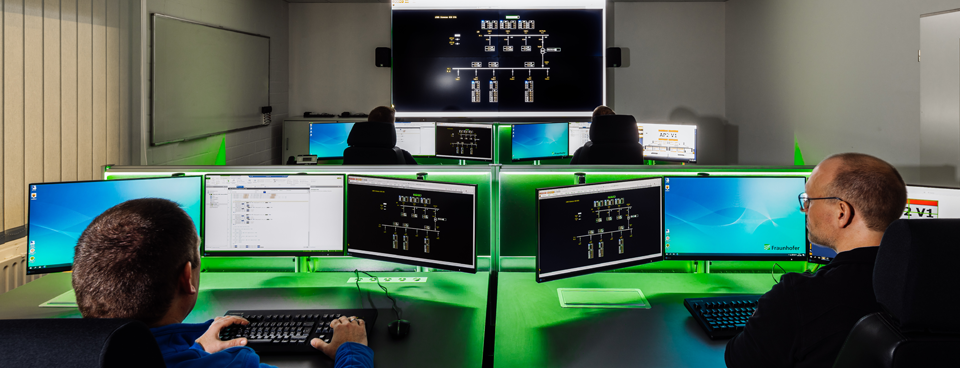Modular Control Systems for Sustainable Energy Systems


The increasing expansion of renewable energies and the electrification of various sectors are increasing the demands on the controllability of energy infrastructures and their systems. At the same time, the complexity of the energy transition is growing due to increasing decentralization and the necessary cross-sector coupling of electricity, heat, and gas. The importance of control systems as a central element for controlling and monitoring these complex structures is therefore constantly growing.
However, historically grown control systems are often monolithic and proprietary, which leads to vendor lock-in and makes innovation and the integration of new software solutions more difficult. In addition, the outdated software technologies used in these systems are reaching their performance limits, particularly in terms of scalability, interoperability, and IT security. At the same time, the shortage of skilled workers is making it difficult to adapt and further develop existing control systems. A modern, open, and flexible solution is therefore required to ensure a sustainable and secure energy infrastructure.
The aim of the project is to develop the Open Energy Twin, an open, modular demonstrator for future control system technology with increased scalability and interoperability compared to existing solutions. In a two-phase development process, leading research institutions are pooling their expertise to develop the Open Energy Twin.
The use of microservices facilitates the integration of innovative technologies and the interchange of components. The digital twin approach creates a central, uniform database at the core of the Open Energy Twin. Digital twins and event-driven data processing also improve the monitoring and understanding of interactions within the energy system, thereby supporting decision-making. A security-by-design approach ensures the security of the systems and reduces the complexity of data processing.
Through this innovative approach, the project contributes significantly to the modernization of the control system landscape and promotes the development of open, interoperable software solutions that increase efficiency and innovation speed in the energy sector.
Your benefits
|